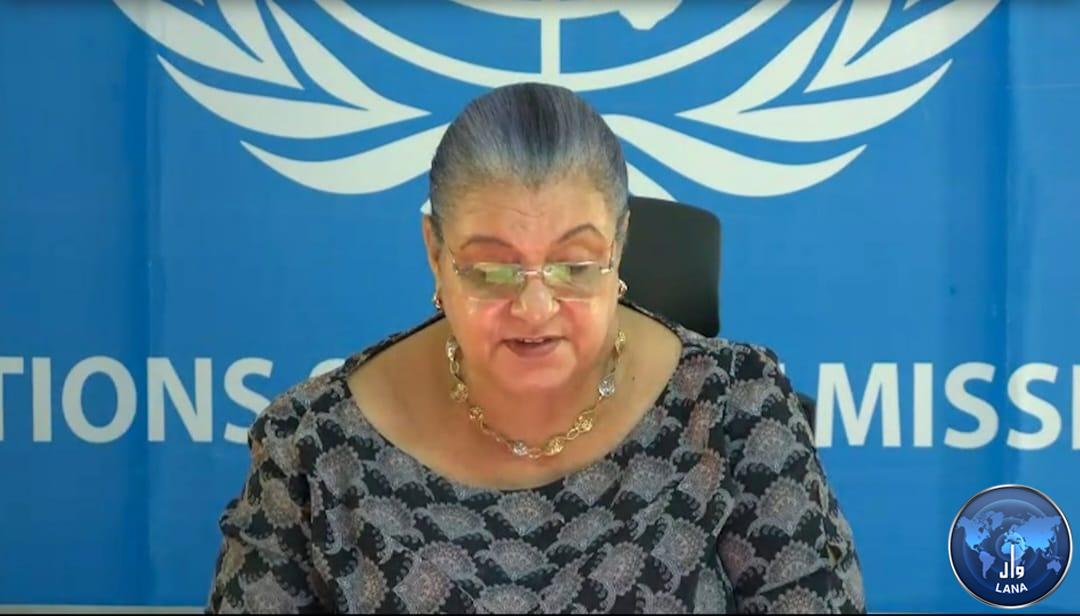“We aren’t working to secure an elite agreement, but rather to ensure that the largest possible number of Libyans are consulted and support the roadmap,” Tetteh says.
Pulbished on:
Cairo, 29 June 2025 (Lana)—UN Envoy to Libya, Hana Tetteh, revealed that developing the political process in Libya includes holding extensive consultations on the proposals of the Advisory Committee and other Libyan parties to ensure that all voices are heard and to balance competing interests in a divided political scene.
In a press interview with Alwasat Libya, Tetteh expected that it would take some time to get consensus from key Libyan parties on the political process, but "if we get the various parties to accept a roadmap before August, we will be ready to ask the Security Council to move up the date of the Security Council meeting to announce and launch it.
“Any roadmap must have the support of all stakeholders to avoid becoming just another document added to the archives and to prevent a zero-sum equation. It must be a path forward that Libyans can accept, trust, and implement,” Tetteh stated.
She emphasized that the potential roadmap must be technically feasible and, where necessary, ensure the necessary institutional reforms to enhance the chances of holding credible elections whose results are accepted and do not lead to further violence and unrest.
Tetteh stated that the UNSMIL is fully aware that elections in other parts of the world that were poorly organized and administered have led to social unrest and conflict; elections are not an end but a means in themselves, highlighting that the mission has engaged in outreach to political actors, civil society, youth, women, and marginalized communities to gather input on the political process.
She noted that the recent Berlin meeting on June 20 clearly showed that the international community backs a solution for Libya that is led by Libyans themselves and wants to help make that happen, also pointing out that the meeting showed the members of the International Follow-Up Group are ready to support sanctions against those who block progress, as mentioned in earlier Security Council resolutions.
Tetteh said that consensus building takes time and that we are not working to secure an elite agreement but rather to ensure that the largest possible number of Libyans across the country are consulted and support the roadmap, emphasizing that the mission is also "aware of the volatile security situation in the capital and western regions and does not want this process to become a trigger for further violence."
=Lana=




